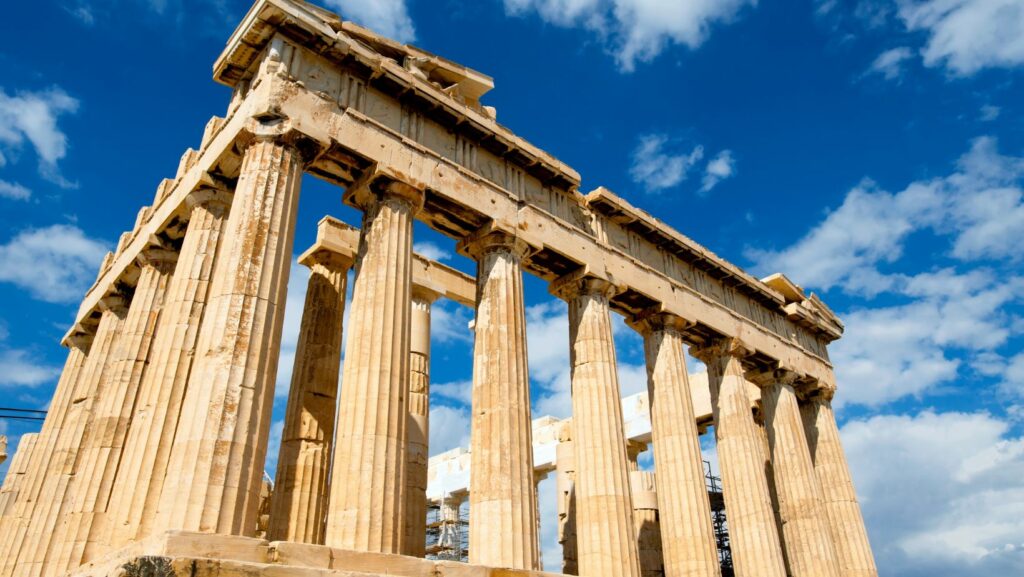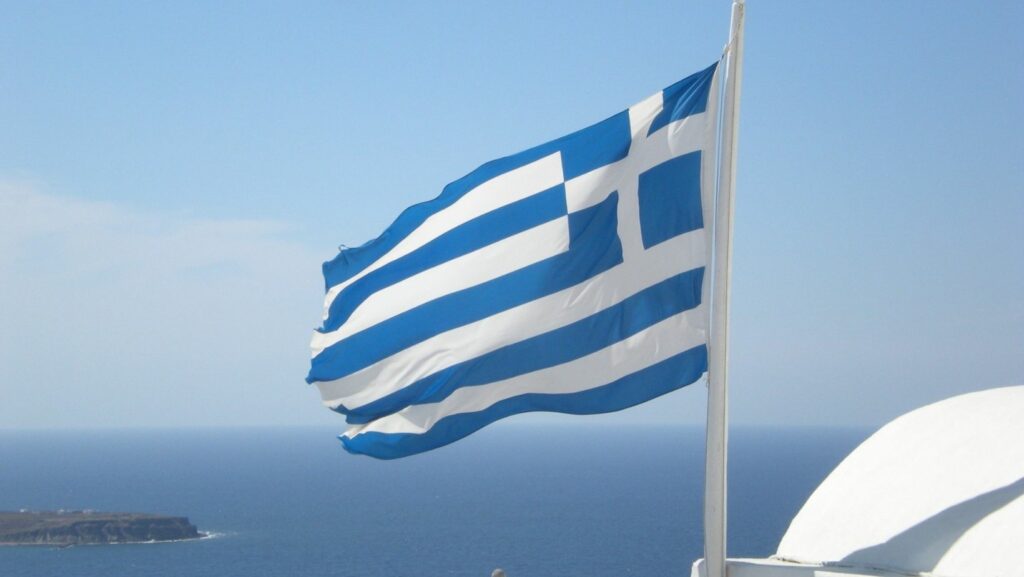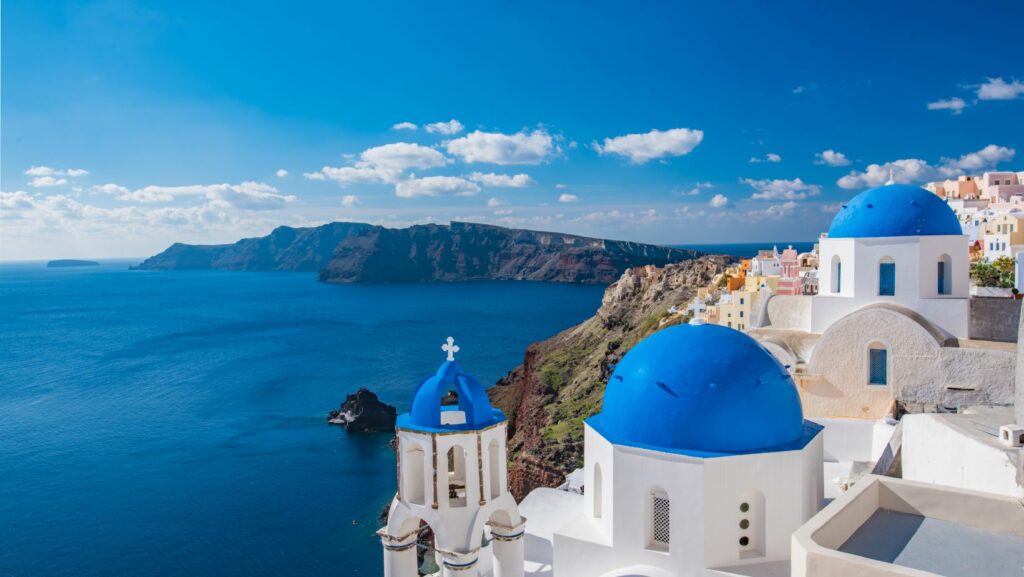Dreaming of azure waters, ancient ruins, and Mediterranean cuisine? Discovering the best time to travel to Greece can make all the difference in your experience. Whether you’re drawn to the iconic white-washed buildings of Santorini or the historical marvels of Athens, timing is key to unlocking the country’s full potential.

Exploring Greece’s diverse landscapes and rich culture is a journey best embarked upon when the weather is just right. From sun-kissed beaches to bustling city streets, each season offers a unique perspective on this enchanting destination. By understanding the nuances of Greece’s climate and tourist seasons, travelers can ensure a memorable and rewarding adventure in this timeless land.
So, when should you plan your Greek getaway? Let’s delve into the seasonal rhythms of this Mediterranean gem to uncover the optimal time to pack your bags and set off on a Greek odyssey.
When is the Best Time to Travel to Greece
Greece’s diverse weather patterns make it crucial to choose the right time for a visit. Understanding the seasonal changes can enhance one’s experience and ensure a memorable trip.

Spring in Greece, from March to May, offers mild weather with blooming landscapes and fewer crowds. Travelers can enjoy comfortable temperatures averaging around 15-20°C, making it perfect for exploring archaeological sites like the Acropolis in Athens or the ancient city of Delphi.
Summer, lasting from June to August, brings hot and dry weather, ideal for beach vacations and swimming in the crystal-clear waters of the Greek islands. With temperatures soaring to an average of 30-35°C, visitors can indulge in water sports, sunbathe on the sandy beaches of Crete, or party in the vibrant nightlife of Mykonos.
Autumn, spanning from September to November, brings cooler temperatures ranging from 15-25°C, making it a pleasant time to explore Greece’s historical sites without the summer crowds. Winter, from December to February, offers a unique experience with fewer tourists, allowing for a more intimate visit to iconic landmarks such as the Palace of Knossos in Crete or the Byzantine walls of Thessaloniki.
Cultural and Festival Highlights
When planning a trip to Greece, it’s essential to consider not only the weather but also the cultural and festival highlights that can enhance your overall experience. Exploring Greece during key festivals and local events can provide you with a deeper understanding of the country’s rich history and vibrant traditions.
Important Greek Festivals

- Easter (Pascha): Celebrated with great fervor across Greece, Easter is a significant religious and cultural festival. The week leading up to Easter Sunday is filled with unique customs, such as religious processions, candlelit services, and feasting on traditional dishes like lamb and tsoureki (Easter bread).
- Athens Epidaurus Festival: Held in the summer months, this cultural festival showcases a diverse range of performances, including ancient Greek dramas, modern plays, concerts, and dance shows. The festival takes place in iconic venues like the ancient theater of Epidaurus, offering a blend of history and artistry.
- Thessaloniki International Film Festival: Film enthusiasts shouldn’t miss this annual event held in Thessaloniki, one of Greece’s largest cultural gatherings. The festival features a mix of international and Greek films, documentaries, and short films, attracting filmmakers, actors, and cinema aficionados from around the world.
- Rethymno Wine Festival: If you find yourself in Crete during the summer, make sure to attend the Rethymno Wine Festival. This event celebrates the island’s winemaking traditions with wine tastings, live music, dance performances, and local cuisine, offering a delightful sensory experience for visitors.
- Sardine Festival in Nea Artaki, Evia: For a taste of authentic Greek coastal culture, head to the Sardine Festival in Nea Artaki, Evia. This lively event honors the humble sardine with delicious seafood dishes, traditional music, and dance performances, reflecting the local community’s maritime heritage.
- Patras Carnival: Known as one of the largest carnivals in Greece, the Patras Carnival is a colorful extravaganza that takes place leading up to the beginning of Lent. Featuring elaborate costumes, parades, music, and street parties, the carnival offers a festive atmosphere and a glimpse into the Greek tradition of Apokries (Carnival season).

